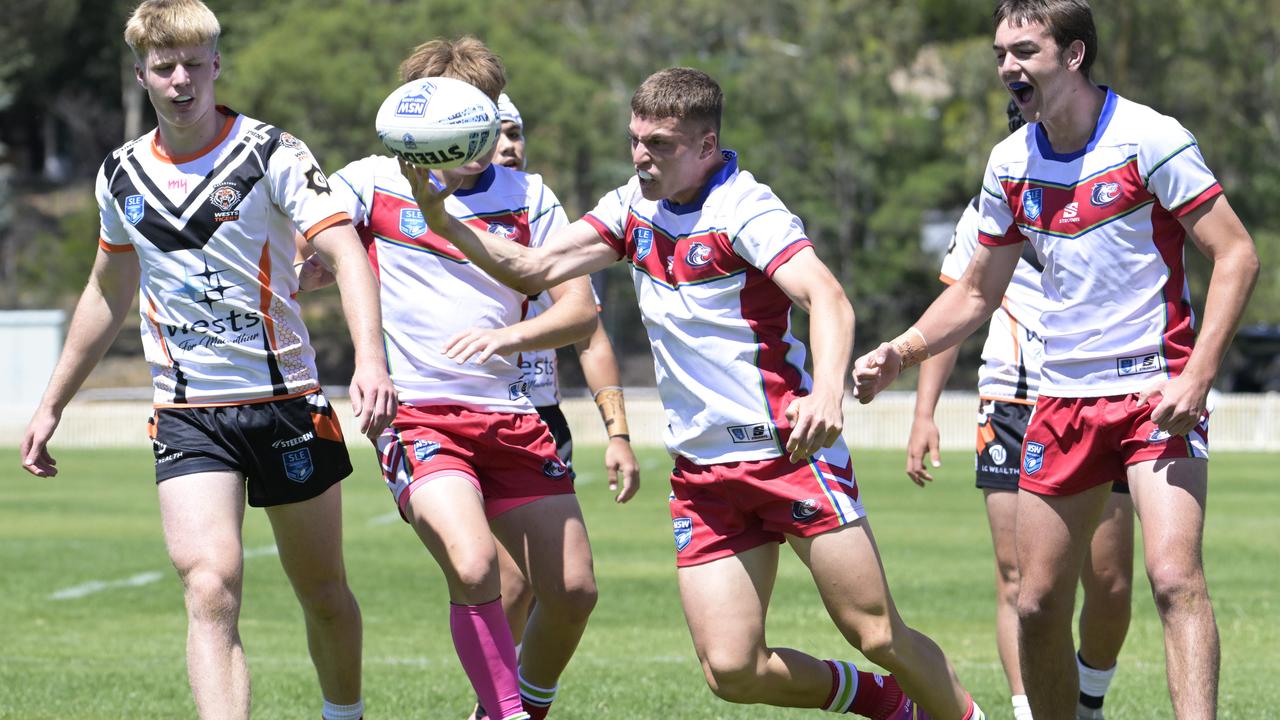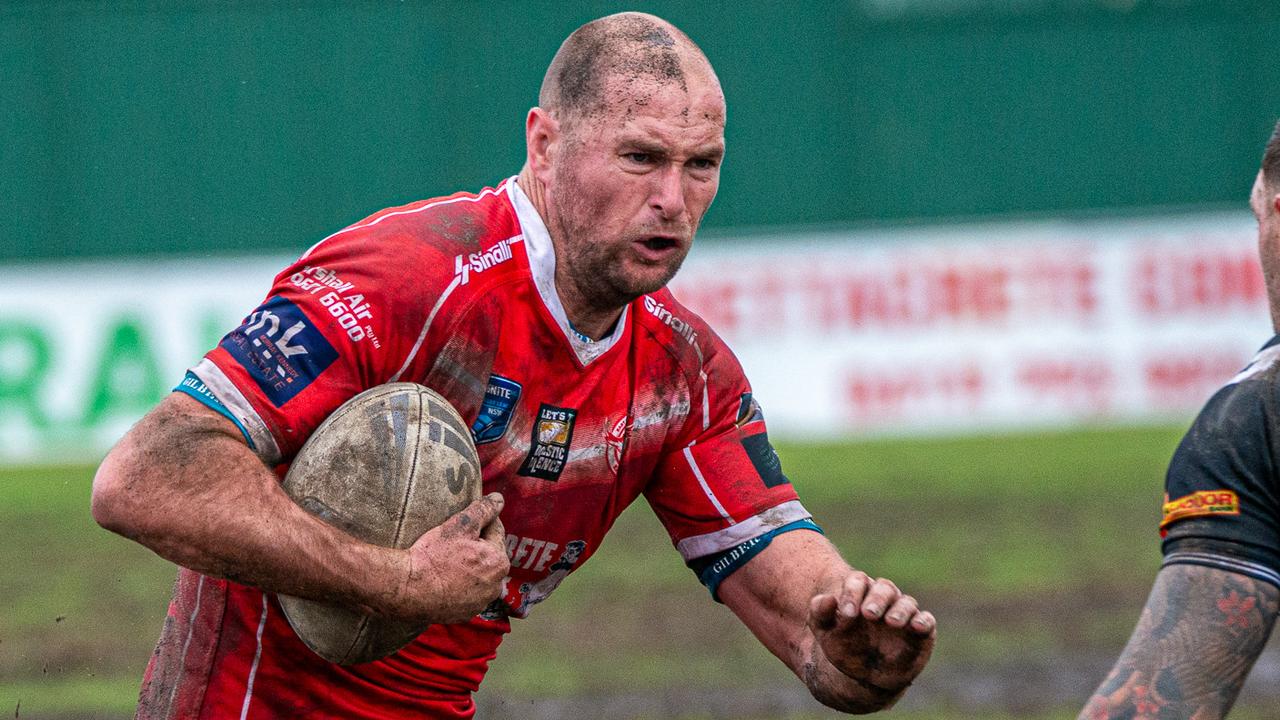Speak Now ambassadors Ayesha Moosani, John Youssef and Reham Suleiman raise awareness about forced marriages
Forced marriages in Australia are underreported on and are not talked about. But a group of students is working to change that. Meet the three young people from Western Sydney working to help end forced marriages.

Macarthur
Don't miss out on the headlines from Macarthur. Followed categories will be added to My News.
Forced marriage still exists in Australia and it isn’t talked about.
But, in a bid to do their part to raise awareness of forced marriage in Australia, eight young adults between the ages of 18 and 23 have come together to represent their generation and start the conversation no one wants to have.
Three of these students, who are from Western Sydney, have spoken up about why they are so passionate about the issue.
Ayesha Moosani, John Youssef and Reham Suleiman are aiming to raise awareness and help bring an end to forced marriage in Australia by taking in part in a national campaign called Speak Now.
They are working alongside the Anti Slavery Australia and Impact Institute in creating social media campaigns for their target audience of people their age.
Ayesha Moosani, a Parramatta Council resident, said it was critical for people to understand that there is a difference between arranged marriages and forced marriages.
She said the former is about two families proposing a union but where both parties consent fully to the marriage.
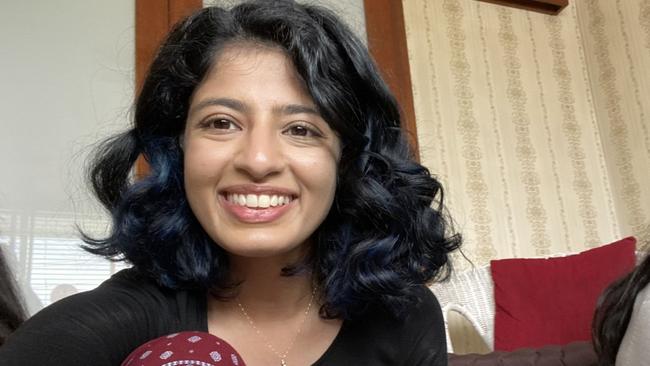
“I think with arranged marriages, while it’s quite common, people often mistake that to be a forced marriage and they often stereotype it,” she said.
“They always think it’s something conservative and something can be conservative, but it doesn’t have to be wrong.
“But something that is wrong is forced marriage and I think that needs to be very clear and I was always passionate about social justice and when this opportunity came about, I knew I wanted to be a part of that and help empower women and make it so they had resources available to them, for them to seek out and liberate themselves and get the help they needed.”
Ayesha said when it comes to an arranged marriage, at the end of the day, both parties have the say of yes or no.
“In a forced marriage, that isn’t the choice,” she said. “Whether it’s just point blank ‘you have to say yes’ or it’s mind games and emotional blackmail.”
For Macarthur resident Reham Suleiman, she wants people to know that this is an issue for Australia.
“I feel like we have to acknowledge that fact, that just because we live in an Australian society doesn’t mean bad things aren’t happening,” she said.
“Just because human rights are upheld quite high doesn’t mean everyone has access to those rights.
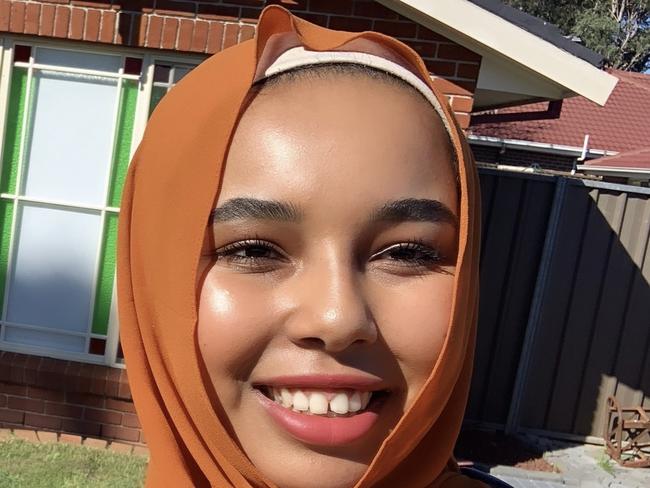
“I’m pretty passionate about that, by making sure every single person knows, whether they’re Australian or not, that as long as they’re living in Australia, they are still protected by us. We’re still advocates for them.”
Cumberland Council resident John Youssef echoed the sentiments shared by his fellow students, adding that his family is from the Middle East and in that part of the world forced marriages can be common and have widespread impacts on the community.
“Knowing that it is happening here in Australia, which is a place where we are afforded so many more rights than my parents could have ever thought they could have back home, it’s really important to keep them protected,” he said.
“I think another thing is with forced marriage and even domestic violence, things that are impacting women, I feel like there’s not enough men being vocal about those issues and people see it as a women’s issue, but really it isn’t.”
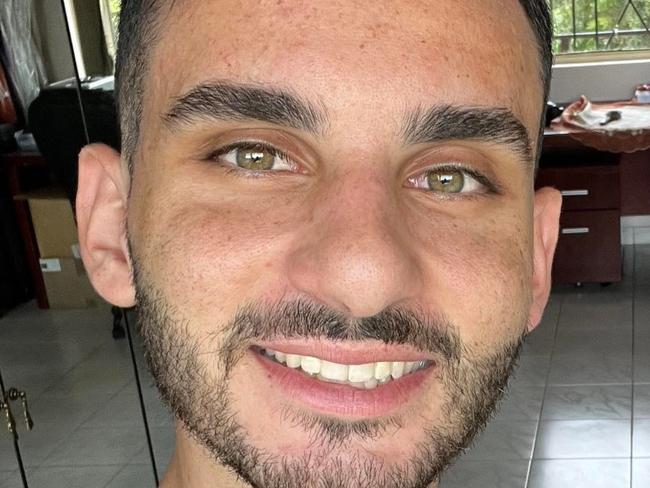
“It’s a human issue and I think men and women really need to partner together to really work together to make a real change.”
As Speak Now ambassadors, the three students are co-designing an online youth campaign on healthy relationships and consent-based decision-making, developing new resources to help schools, youth welfare workers and others prevent and address forced marriage, and reviewing content on the national forced marriage website, My Blue Sky.
John said while having conversations about forced marriages can be difficult, it is critical to have the discussion.
“If we don’t speak up, who will,” he asked.
“There are so many vulnerable people out there and it’s really dangerous to get into a selfish mindset that you’re only concerned about what happens to you and your immediate family.
“There’s so many people, especially women, who don’t have a voice and don’t have someone to represent them and it’s really our duty to raise up the next generation who’s more willing to have those challenging conversations and be the voice or the voices to really help them to create a real positive change.”
Reham said for anyone engaging in conversations about forced marriages, they needed to remember to have compassion and understanding.
“People want to help and people want to learn and it’s OK to ask questions. It’s just you have to come from a place where you’re open minded,” she said.
“That’s why we’re trying to spread awareness and through that, we’ve been working alongside Impact Institute in creating social media campaigns because our target audience is the youth and the way you can get the youth these days is through social media.
“So we’re creating those online campaigns and to support frontline workers as well, give them those resources to pick up those signs.”
For more information about the issue and how to get involved, click here.



